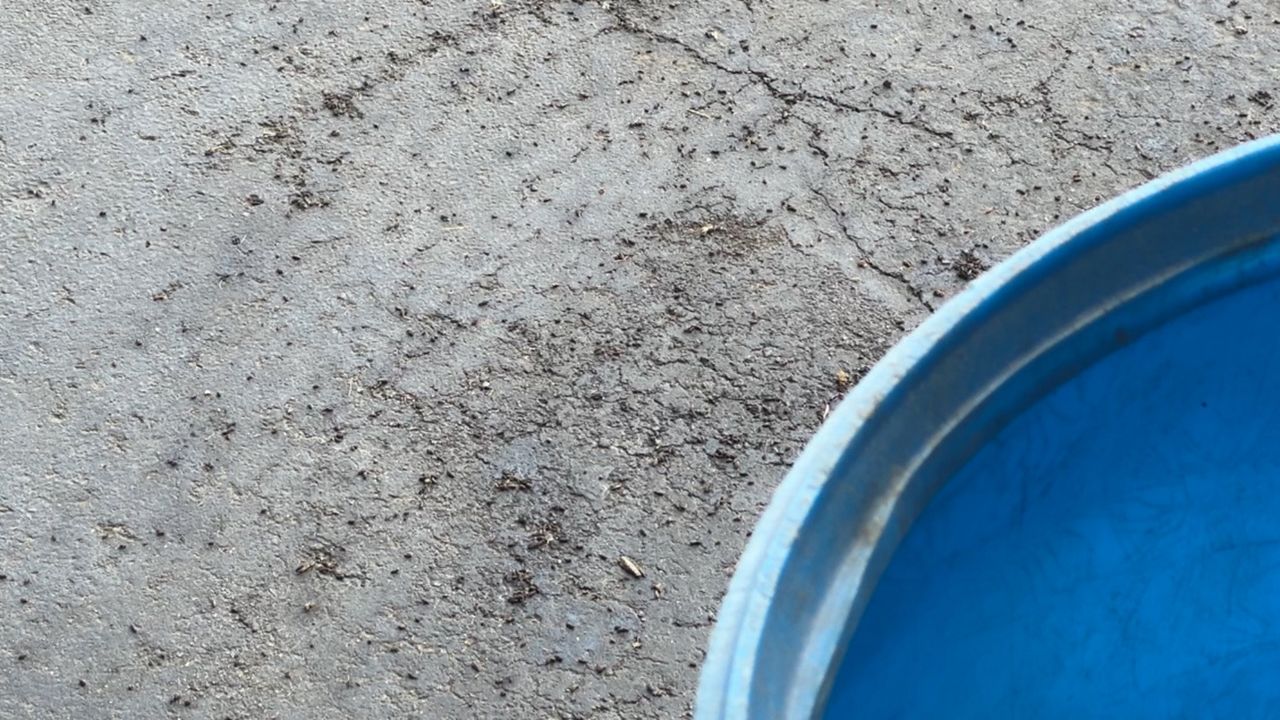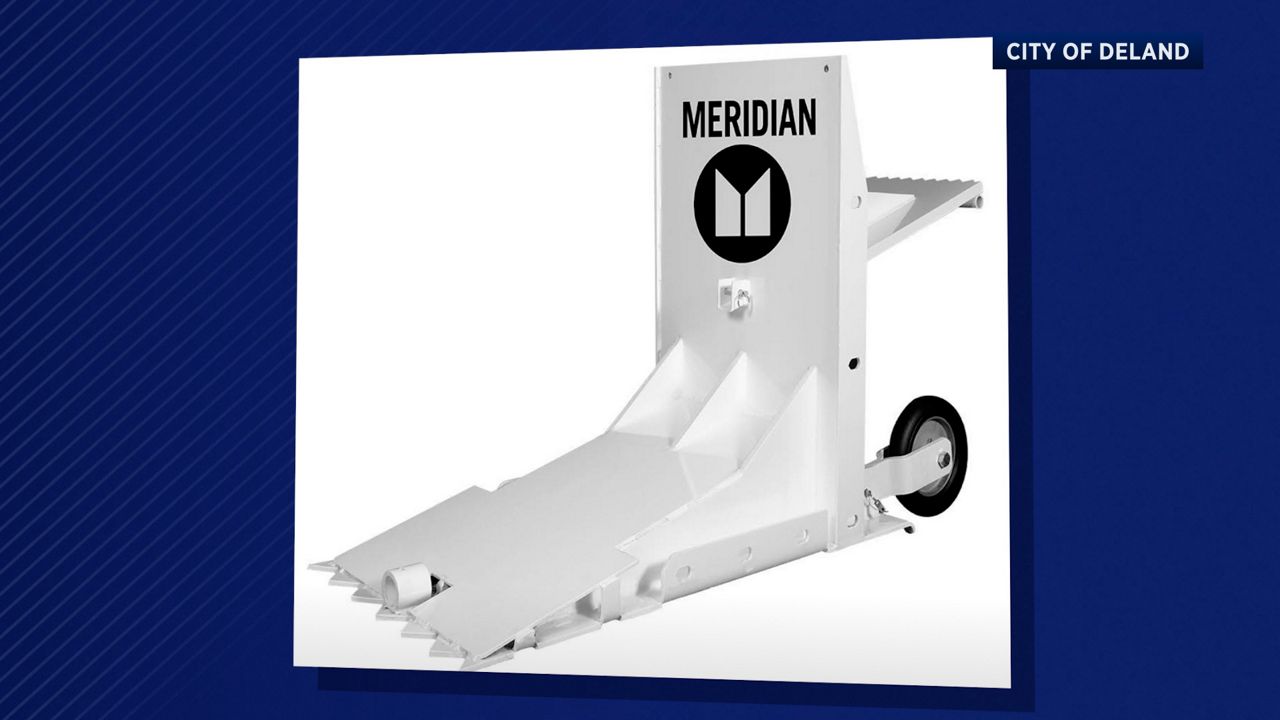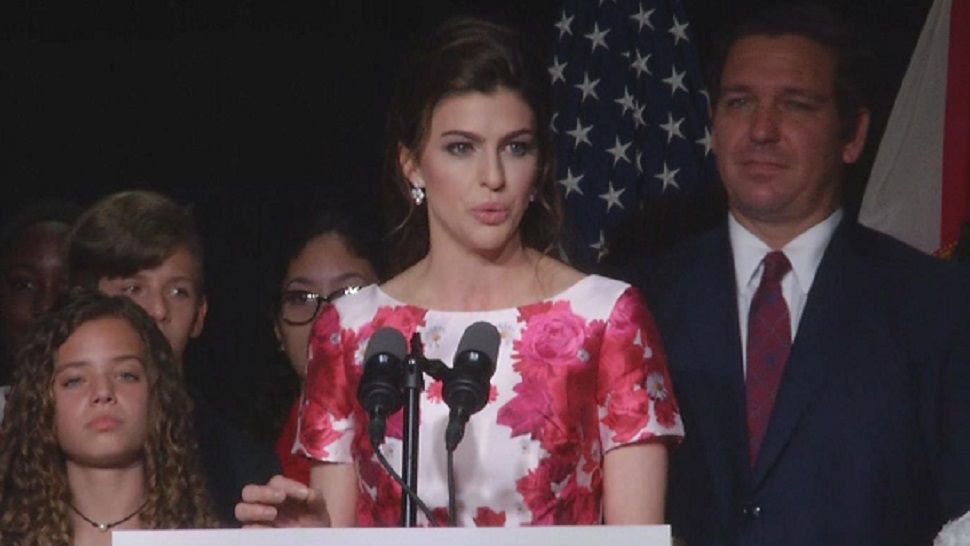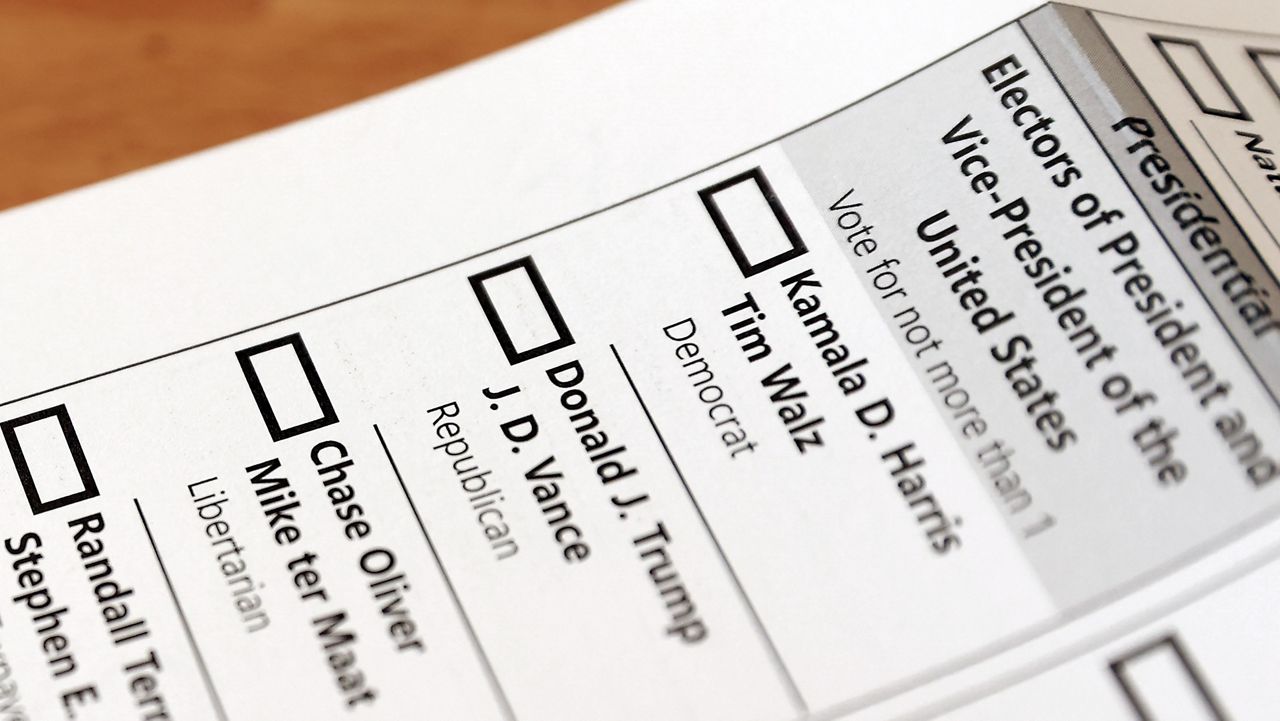DAYTONA BEACH, Fla. — Work has begun by ProQuest Pest Control to legally exclude bats from the Daytona Beach Municipal Stadium.
The crews are on a tight deadline, though — they can only do so without a permit until April 15, before bat maternity season starts.
The Daytona Beach City Commission approved the funds for the work on April 2.
“Once you come on the site, first of all, it’s going to be the smell. So, once you get the smell, you know something else is going on behind that,” said Terry Johnson, the Parks & Recreation Department's athletic coordinator for Daytona Beach Stadium. “They’re now located in each section underneath the grandstand, from concessions all the way down from left to right. They’re coming in low, and they’re trying to find crevasses where they can go in and out.”
Bat droppings, called guano, can be seen on the property.

The droppings emit a foul odor and can harbor harmful pathogens, which experts say can cause respiratory infections.
“Just say you come to this concession stand and you see the droppings on the ground, you’re not paying attention, something drops in your drink, your food," said Parks & Recreation Director Keith Willis. "It’s imperative we take care of it as soon as possible."
That’s why ProQuest Pest Control owner Fred Hamilton is working to get the job done ahead of the April 15 deadline.
“The joints, the ones up higher, outside, they run 80 yards, all the way down 80 yards, and 31 rows up," he said. "So, we have to seal up every one of those (joints)."
He wants to make sure the bats are legally excluded safely.
The overall goal is to seal expansion joints while the bats are out hunting so they can’t re-enter. Hamilton said that if needed, nets will be brought out.
“They work on radar, so they’ll hit that net," he said. "They’re not smart enough to go under it, and they’ll hit that net, and they’ll say, 'I can’t get back in' and they’ll fly off."
Even though the city does not want the bats to hang around, Hamilton said they do play an important role in the ecosystem.
“They’re in there during the day, and of course, they go out to feed at night," he said. "They eat mosquitoes. One bat can eat 1,000 mosquitos in an hour."
The stadium is home to Bethune Cookman University’s Wildcats football team, and Johnson said he wants to make sure the space is safe for people.
“I have seen a lot on the field, I’ve seen a lot running the facilities," he said. "That’s where I’m at right now — I’m over the facilities, so now I want to make sure I protect the facilities."
The total cost of the removal is just over $26,000 and will be paid for from the city’s general fund.
Work is expected to be complete the week of April 7.











